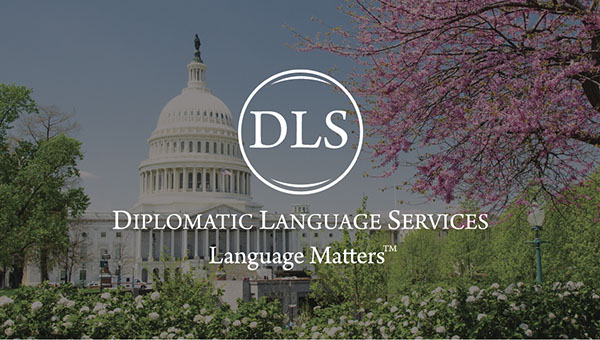When we talk about Romance languages, we usually refer to Spanish, Portuguese, French, Italian, and Romanian. These have the largest number of speakers. However, some lists include up to 35 languages in this group with around 800 million native speakers. These languages are also called Latin languages because they evolved from Latin between the sixth and ninth centuries.
(1) 

Advantages
A lot of students that arrive at DLS to study a Romance language have already learned another one previously. In certain cases, students request a “conversion course.” This is especially with Spanish and Portuguese. A conversion course allocates fewer hours to reach a goal with the expectation that the learning process will be faster.
Without a doubt, getting from a 0 to a 1 or 1+ in, let’s say Italian, is much faster if you already know Spanish or French. The ease of reading comprehension tasks especially surprises students. Because of the similar etymology in many words, recognizing roots helps to create connections and facilitates retention of newly-learned words.
Disadvantages
That said, it is important to point out that, in the beginning, speaking the new language seems harder, as the similarities between the two languages could initially (and sometimes for longer periods) play against you: the originally learned romance language will have a larger real estate in your brain and interfere unexpectedly in pronunciation and grammar. Additionally, students often use non-existent words (modified from the previously learned language) or simply words from the other language without realizing it.
What is a joke, but could in fact easily happen, is the Italian tourist who orders a piece of toast for breakfast in Spain. He asks to have some burro (Italian for butter) on the side. However, the poor Italian has just asked for toast with a side of donkey (burro means donkey in Spanish). An unfortunate false friend between the two languages.
Finally, it is worth mentioning that there are advantages that will transfer, even if the language you have previously learned does not belong to the same language family. When you learn a foreign language, you learn how languages work and with different people having different learning styles, you find out what works for you as a learner. As happens naturally with children, once you are used to being flexible and can move beyond the boundaries of your native language, you will find it easier to pick up a second or even a third or fourth language.
For all the curious readers, although controversial, here is a simplified family tree of the Romance languages:
(2)

References:
1) Romance Language Countries. Encyclopedia Britannica, Inc, 2009.
2) “Romance Languages.” Wikipedia, Wikimedia Foundation, 14 Dec. 2017, en.wikipedia.org/wiki/Romance_languages.
For more DLS, check out other blogs and visit us on Facebook, LinkedIn, Instagram, or Twitter!




